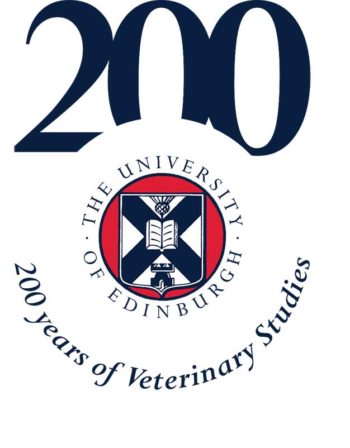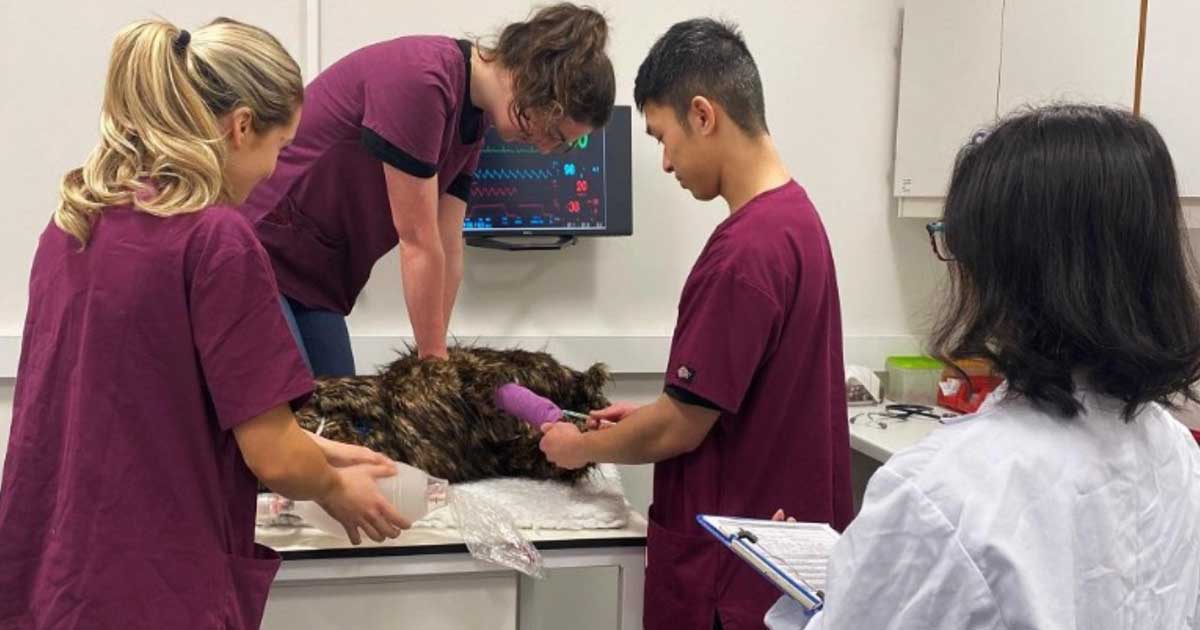The experience of managing a patient in cardiopulmonary arrest is familiar to most of us working in small animal practice.
It’s a challenging scenario for all involved – not least because of the poor odds of a good outcome that are reported in the literature. Many of us didn’t learn CPR in vet school, and CPR training can be challenging to access due to cost and location constraints. We are often left feeling defeated, deflated and with a nagging sense that maybe we could have done more, or our team could have performed better, to deliver a better outcome for the patient.
What if I told you training and guidelines are available to help you do just that? The RECOVER Initiative is a global project, established in 2010, to improve vet team training and patient outcomes in small animal CPR.
Gold-standard techniques
 At The University of Edinburgh Royal (Dick) School of Veterinary Studies, RECOVER-certified CPR instructors have been teaching these gold-standard CPR techniques to our students and staff for the past four years. We have now delivered this teaching to hundreds of students who go on to take this expertise into vet practices all over the world after graduation.
At The University of Edinburgh Royal (Dick) School of Veterinary Studies, RECOVER-certified CPR instructors have been teaching these gold-standard CPR techniques to our students and staff for the past four years. We have now delivered this teaching to hundreds of students who go on to take this expertise into vet practices all over the world after graduation.
While new evidence is still to be published, it has been estimated that, for healthy patients who crash under anaesthesia and sedation, or without significant underlying disease, we could achieve survival to discharge rates of up to 50%. Think of the difference that would make to your patients, owners, your practice team, and your own sense of job satisfaction and well-being.
At the upcoming VetEd conference, you will have the opportunity to join us for a deep dive into RECOVER CPR training and learn how we introduced this into the curriculum for our vet students.
Wins and challenges
We will be sharing our wins and challenges, and giving you our top tips for taking this into your own undergraduate teaching or practice team.
You will also have a chance to experience a simulated patient crash in our video-streamed immersive simulation room, interacting with a realistic dog manikin with real-time multiparameter monitor feedback for your patient during the crash scenario.
Join our CPR teachers on 5 July for this fun, immersive and informative workshop. We hope to see you there. For further information, email kristina.pollock@ed.ac.uk

Leave a Reply